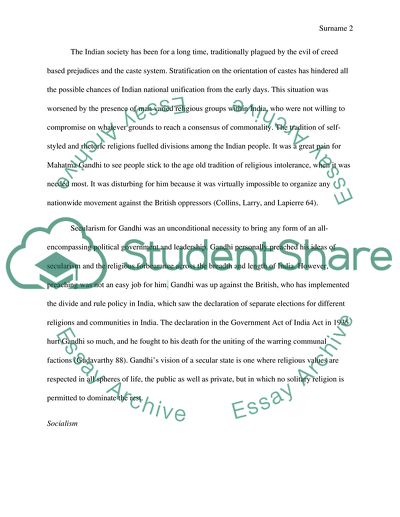Cite this document
(“The meaning of democratic, socialist, and secular in India Essay”, n.d.)
Retrieved from https://studentshare.org/miscellaneous/1677222-the-meaning-of-democratic-socialist-and-secular-in-india
Retrieved from https://studentshare.org/miscellaneous/1677222-the-meaning-of-democratic-socialist-and-secular-in-india
(The Meaning of Democratic, Socialist, and Secular in India Essay)
https://studentshare.org/miscellaneous/1677222-the-meaning-of-democratic-socialist-and-secular-in-india.
https://studentshare.org/miscellaneous/1677222-the-meaning-of-democratic-socialist-and-secular-in-india.
“The Meaning of Democratic, Socialist, and Secular in India Essay”, n.d. https://studentshare.org/miscellaneous/1677222-the-meaning-of-democratic-socialist-and-secular-in-india.


